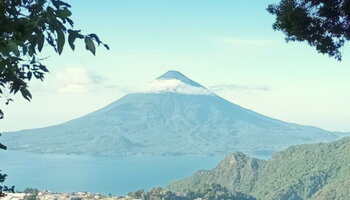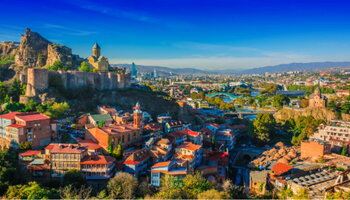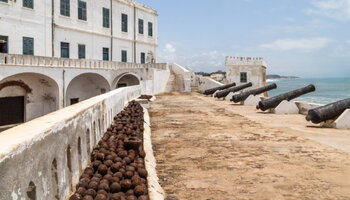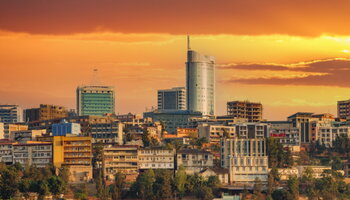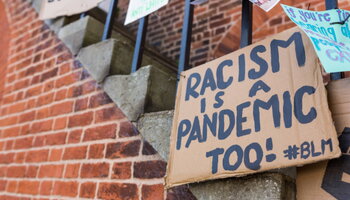Develop global awareness
Block Reference
Illinois Global Institute News
Title
Developing global awareness and cultural competency
Title
Developing global awareness and cultural competency
Body
Established in 2019, the Illinois Global Institute is home to the University of Illinois Urbana-Champaign’s 11 area and global studies centers and thematic programs. These units develop global awareness and cultural competency through a combination of faculty research and professional development, curricular internationalization, student-life activities, international experiences, and outreach and public engagement.

